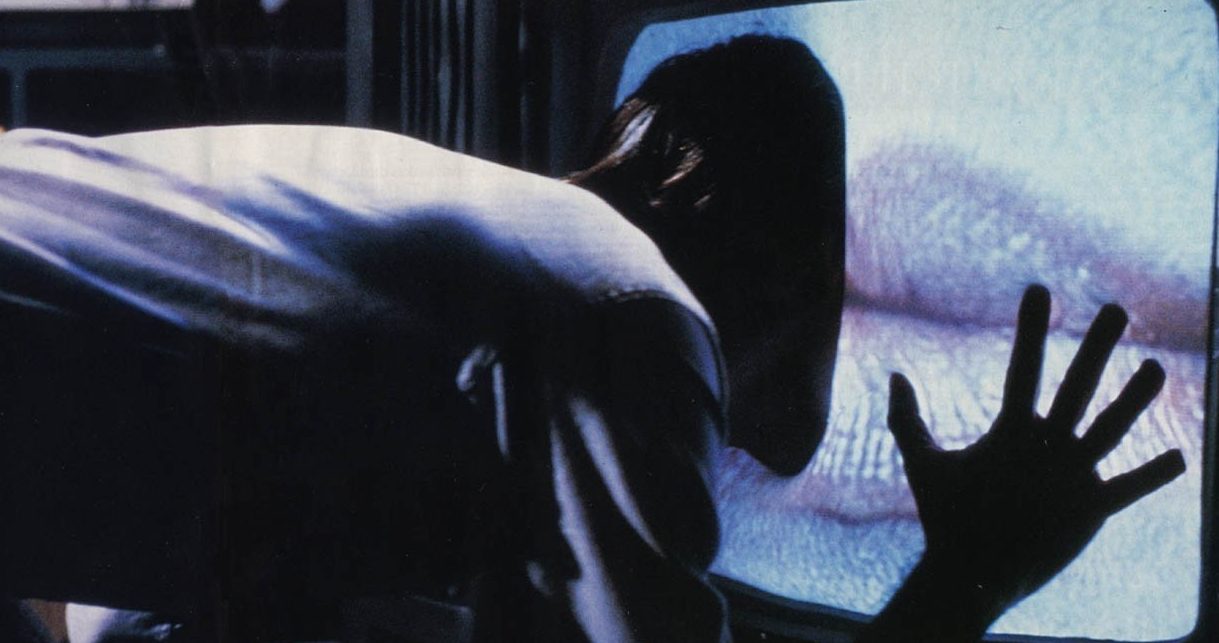Video as a new way to pay for journalism seems a bubble to me, though I have to admit print ads were a bubble that paid for news for about 150 years. Of course, in a far more quantified age, if a system of collecting money for getting people to watch a few seconds of an ad goes bust, it probably will happen sooner than in fifteen decades.
But even if video doesn’t become the coin of the realm, it’s the primary media of the moment and immediate future. The lazier among us always skimmed articles, but now you’re not really required to do even that to follow current events. We’ve more recently used technologies to skip past ads during the game, but now we can disregard most of the game as well.
We’ve shrunk time down to just the interesting bits, the moments of impact, which are neatly packaged for us via video. Or we just drink from the stream of live video for a few minutes to get a “taste.” That’s not to say the horrors of Aleppo or the glories of the gridiron are only thrown at us minus context–prerecorded pieces can contextualize–but the more you boil something down, the more that evaporates into the air, unseen.
Despite Youtube, it’s interesting that the things people usually watch from start to finish now are fiction, the endless stock of TV or near-TV content. Fantasies can still be fully embraced, while reality has been collapsed into the palms of our hands.
Excerpts follow from: 1) Jacob Weisberg’s NYRB piece about the scramble for attention in the time of Google and Facebook, and 2) Jarrett Bell’s USA Today article about the NFL’s fumbling ratings.
From Weisberg:
Earlier this year, Facebook announced a major new initiative called Facebook Live, which was intended to encourage the consumption of minimally produced, real-time video on its site. The videos would come from news organizations such as The New York Times, as well as from celebrities and Facebook users. Interpreted by some as an effort to challenge Snapchat, the app popular with teenagers in which content quickly vanishes, Live reflects the trend toward video’s becoming the dominant consumer and commercial activity on the Web. Following the announcement, one executive at the company predicted that in five years the Facebook News Feed wouldn’t include any written articles at all, because video “helps us to digest more of the information” and is “the best way to tell stories.”
Facebook’s News Feed is the largest source of traffic for news and media sites, representing 43 percent of their referrals, according to the web analytics firm Parse.ly. So when Facebook indicates that it favors a new form of content, publishers start making a lot of it. In this case, news organizations including the Times, BuzzFeed, NPR, and Al Jazeera began streaming live videos, which were funded in part by $50 million in payments from Facebook itself. These subsidies were thought necessary because live video carries no advertising, and thus produces no revenue for Facebook or its partners.
Why, if it generates no revenue, is Facebook pushing video streaming so insistently? For the same reason that it does almost everything: in hopes of capturing more user attention. According to the company’s research, live videos—which feel more spontaneous and authentic—are viewed an average of three times longer than prerecorded videos.•
From Bell:
HOUSTON — It’s an election year, silly.
That wasn’t the entire company line, but the impact of the dramatic presidential election cycle was certainly a prevailing sentiment as NFL owners gathered Tuesday for their quarterly meeting and assessed the league’s unusual and precipitous dip in TV ratings.
Assuming the results aren’t, well, rigged, NFL games — the undisputed king of U.S. sports viewing — were down 11% for the first six weeks of the season when compared to a similar point last year.
Blame it on Hillary vs. Donald? Or a sign of deeper problems for the NFL?
“It’s a very muddied water right now because you’ve got obviously the debates going on and you have the Donald Trump show,” Atlanta Falcons owner Arthur Blank told USA TODAY Sports. “That’s a lot of commotion right now. It’s pretty hard to figure out right now what’s real and what’s not.”
The first debate, which ran opposite of a Falcons-New Orleans Saints Monday Night Football matchup in late September, drew a record 84 million viewers. The second debate, coinciding with a New York Giants-Green Bay Packers Sunday night prime-time clash, had 69 million viewers.
“Obviously, the debates have had a big impact,” Houston Texans owner Robert McNair told USA TODAY Sports.
But the debates represent just the biggest of several suspected factors. Tom Brady served four games in Deflategate jail. Peyton Manning retired. The younger generation is increasingly watching games or clips streamed to mobile devices.•
Tags: Harrett Bell, Jacob Weisberg

